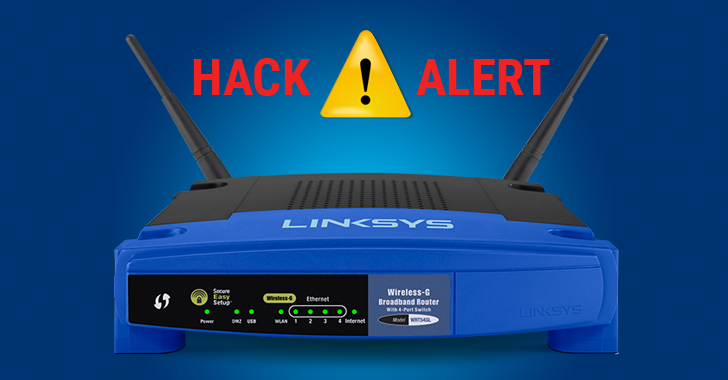MasterCard launches Credit Card with Built-In Fingerprint Scanner

MasterCard has unveiled its brand new payment card that has a built-in biometric fingerprint scanner, allowing customers to authorize payments with their fingerprint, without requiring a PIN code or a signature. The company is already testing the new biometric payment cards, combined with the on-board chips, in South Africa and says it hopes to roll out the new cards to the rest of the world by the end of 2017. Don't Worry, It Still Supports PIN-based Transactions as Fallback Wait — If you think that this feature would not allow you to share your card with your child and spouse, don’t worry — Mastercard has a solution for this issue as well. The company has confirmed that even if the card is configured to expect the fingerprint for authenticating a purchase, but it does still have a PIN as a fallback, in case, for some reason EMV readers fail to read fingerprint or you have yourself handed it to your child for shopping. Stores & Retailers Don't Need New Hard



